In Nationwide Demonstrations, Brazilians Express Displeasure with President
April 14, 2015
Less than three months after being elected into her second term, Brazilian President Dilma Rousseff is finding herself faced with rapidly plummeting public support. On March 15th, over 1 million citizens took to the streets of Sao Paulo and other cities, calling for Rousseff’s impeachment in connection with corruption scandals at Petrobras, Brazil’s state-owned oil company. In Rio de Janeiro, protesters lined along the shores of Copacabana beach, while in the nation’s capital, many marched on government buildings. Although fueled by public outrage, many of the gatherings were lighthearted, attended by citizens wearing national colors — yellow, green, and blue — and waving Brazilian flags.
The protests depict a larger theme of public displeasure with a stagnating economy and governmental inefficiency, both issues that President Rousseff’s administration has struggled with in recent years. But many Brazilians cite the money-laundering and corruption scandal currently being discovered by federal investigators as their main argument against Rousseff. Although she has not been specifically accused of any charges, the president was chairwoman and Minister of Brazil’s oil company during the time during which the corruption took place.
In an apparent effort to quell public disapproval, on Sunday night Rousseff sent two administration ministers to address the nation in a press conference. However, the announcement of planned governmental corruption reform seemed to do little to satisfy protesters, and demonstrations continued. As Ms. Rousseff stated in a video posted to her Facebook page, “In this country, we all have the right to protest.” And as of now, in cities across Brazil, the streets are filled with the sounds of Brazilians proudly exercising this right.









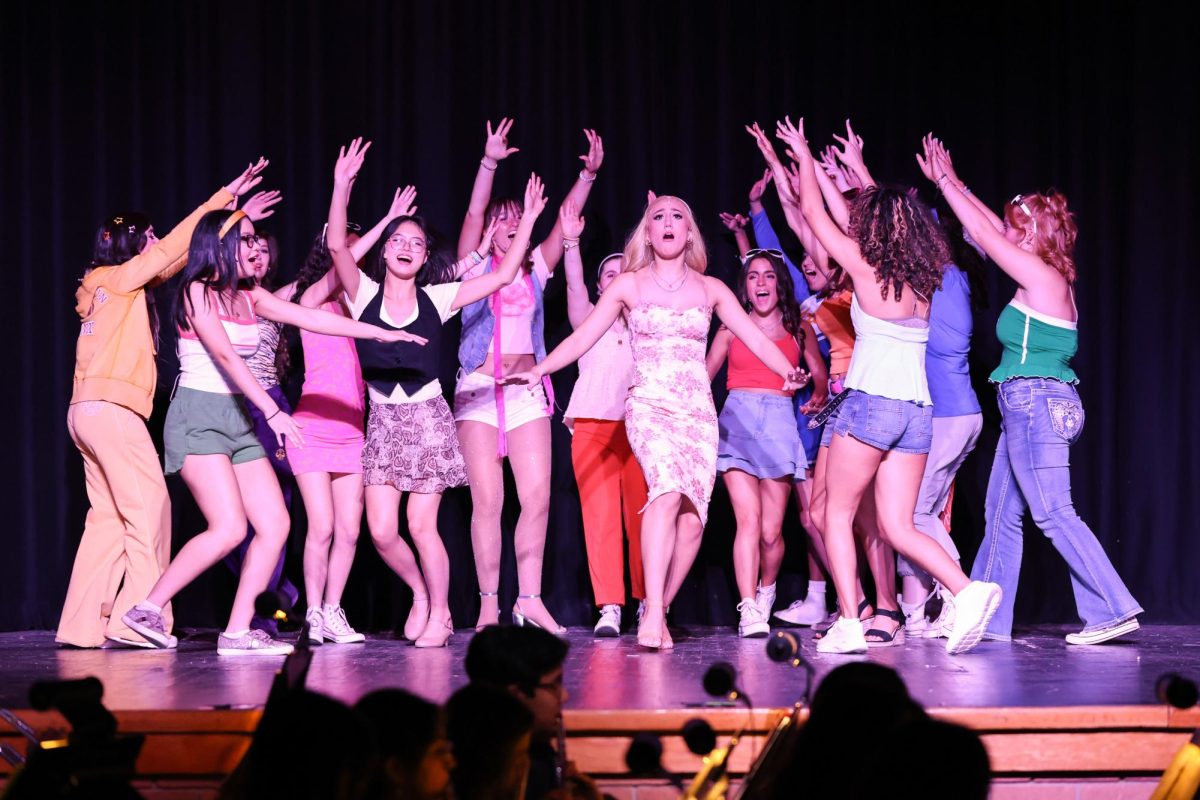

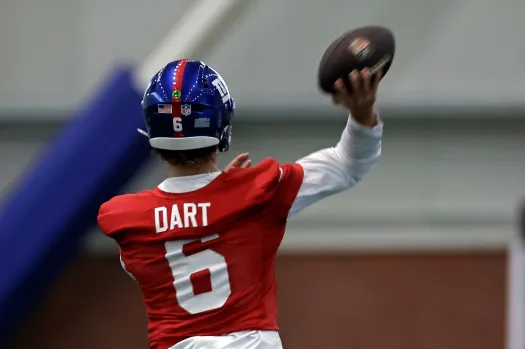





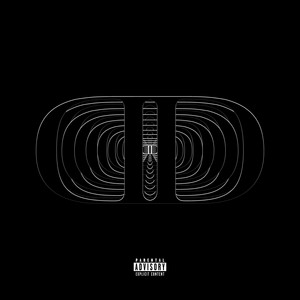
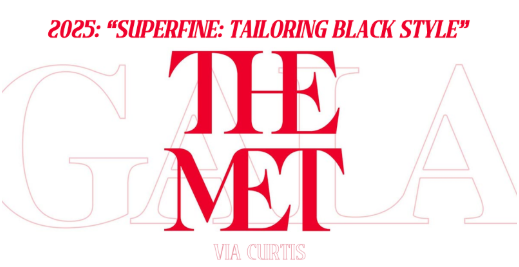












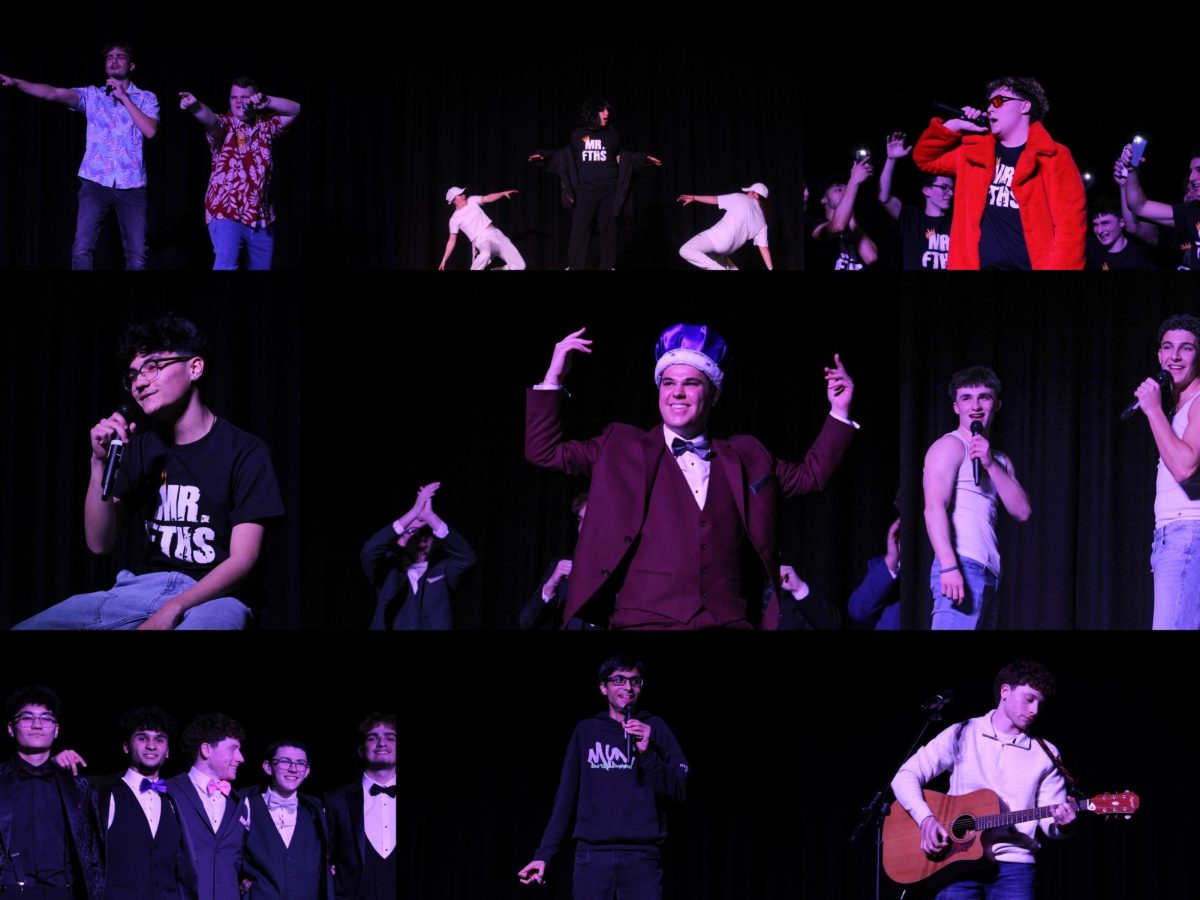






















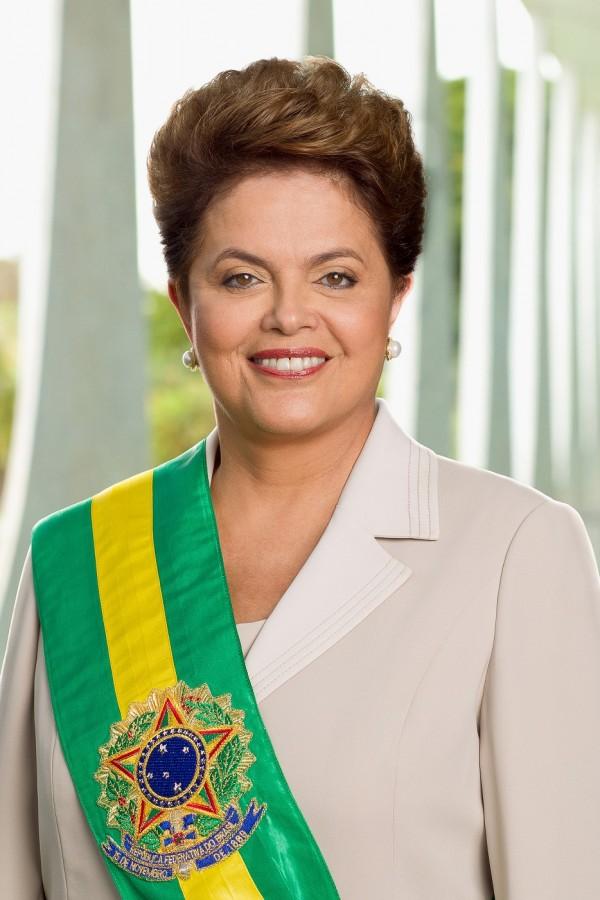
Jake La Fronz • Apr 16, 2015 at 12:32 am
While this article is extremely interesting and information, I feel that the author’s true personality is revealed at the end in the last like. Ending the story like that truly summed up how the protests in Brazil are happening and even add a little bit of sarcasm to entice the reader. Well done, Anna Landre